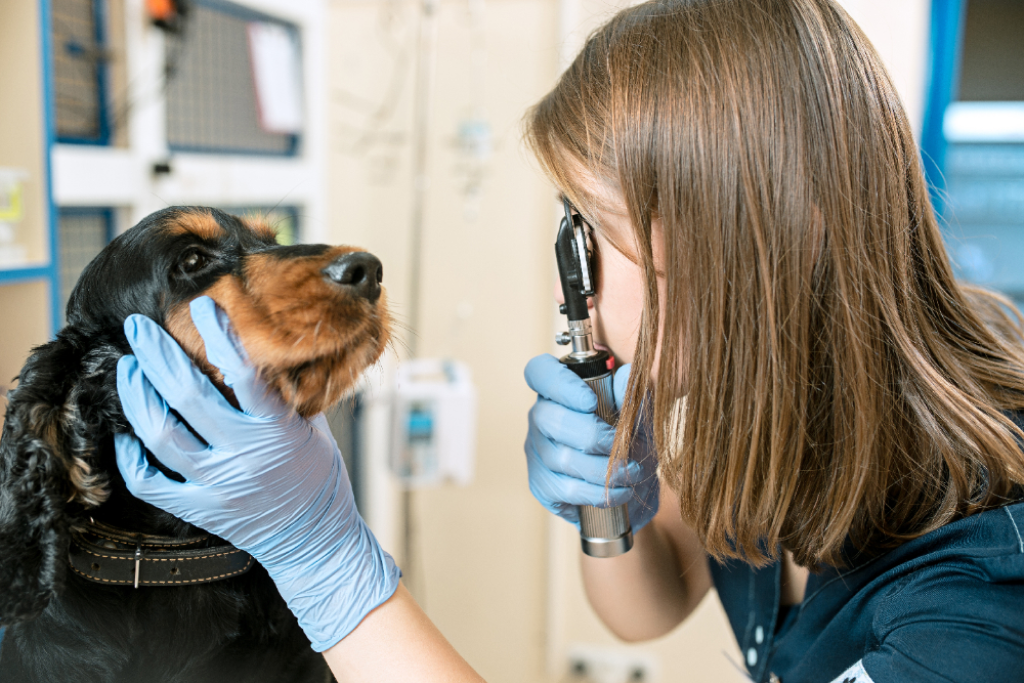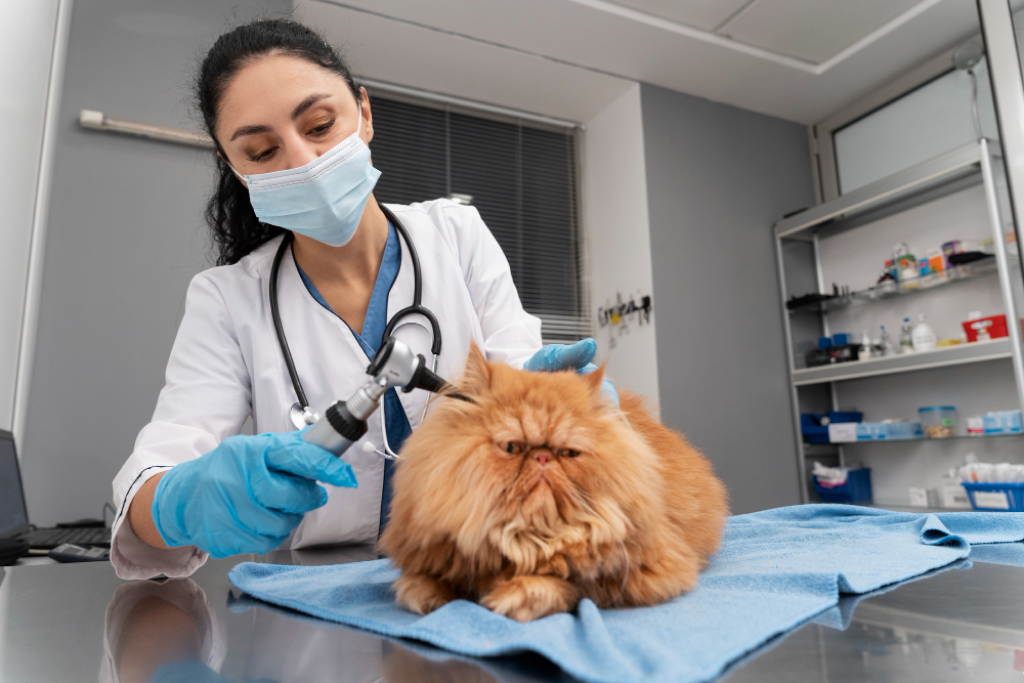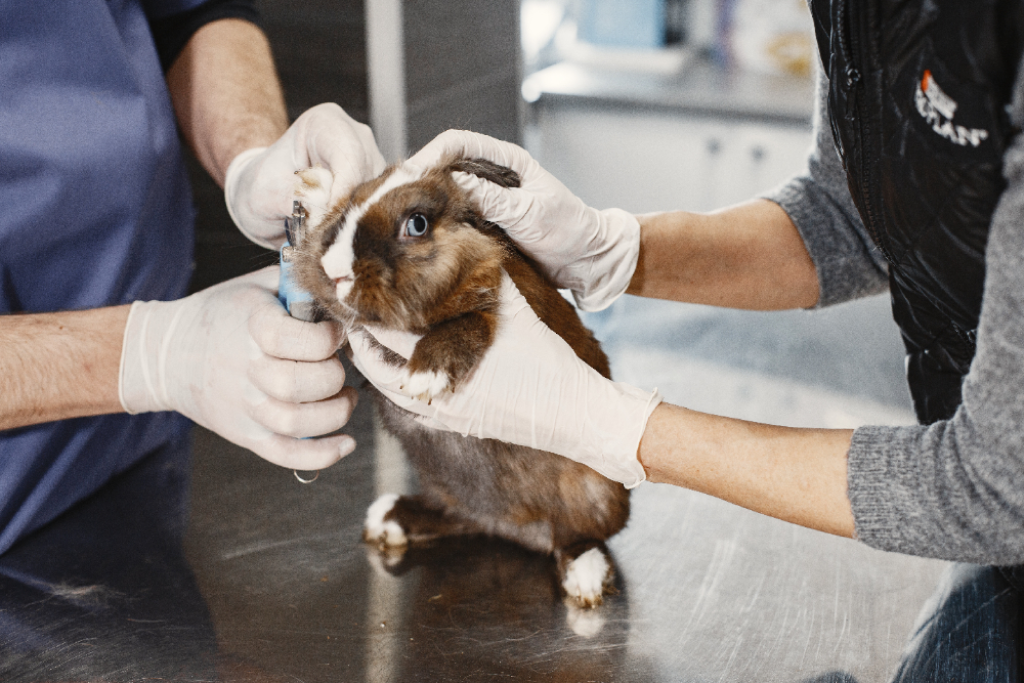We frequently know when our furry friends are not quite themselves; the difficulty is not being able to ask why – are they painful, do they feel sick, do they have a fever?
Often, much like ourselves, dogs and cats may pick up viruses or eat something that disagrees with them, which results in a couple of days of being off colour, but what if it persists? Is it just old age slowing them down or might there be something else going on? As vets, we our best to glean information from any history and signs owners can give us, but there may simply be not much to report. So, over the next few months, we are going to talk you through a few of the more insidious diseases that initially may not give many clinical signs initially and yet if caught early have a much better prognosis.
Heart disease in dogs and cats is a common problem.
Heart disease is a common problem in dogs and cats. In the beginning the body will adjust to compensate for the disease and so signs of disease are hard to detect. However, as the disease progresses into clinical heart failure, deterioration in their health is often detected. This is usually more quickly apparent in dogs who may show signs of exercise intolerance on their walks whereas cats may go a lot longer without any abnormality being evident.
Heart murmurs, whilst not an indication that treatment is required immediately, will always benefit from medical investigation as to the cause of the murmur. In puppies and kittens especially it could be a sign of a congenital condition that may cause significant health problems for the animal. In older dogs and cats, it allows a benchmark measure for future changes to be compared against and give owners an idea of progression of the disease.
Signs of heart failure are varied but the following may be seen in any combination:
- coughing
- changes in breathing be it rapid breathing or laboured breathing
- exercise intolerance
- changes to their behaviour such as not wanting to play or to go for walks
- being unable to walk as far, or walking much more slowly, combined with a lack of energy in general.
Other more vague signs could include:
- poor appetite
- weight loss or gain
- collapsing or restlessness at night.
In more advanced cases, an enlarged abdomen may be noted.
Evidently, many of these signs are those that as humans, we associate with old age and so may not take too much notice off until they are more advanced, but it is always worth having a chat with your vet if your pet shows persistent changes in their behaviour, appetite or usual exercise. Cats are a little more challenging but older cats that spend more time sleeping, lose weight or who breathe more rapidly should certainly have a check up with the vet.







